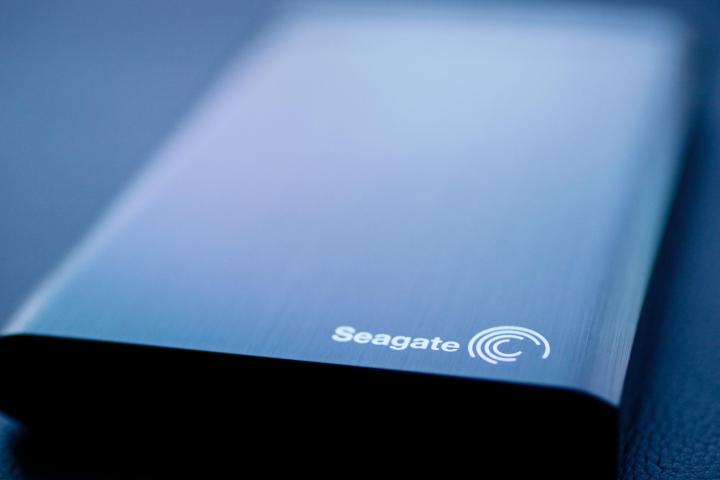
This news comes from consumer-rights law firm representing the consumers, Hagens Berman, whose portfolio includes challenges to Apple, Google, and DRAM manufacturers, among other companies in tech. The lawsuit itself is to be filed on February 2, 2016 in the U.S. District Court for the Northern District of California.
“Seagate promised purchasers reliable hard drives that would safeguard their important documents and cherished photos, but consumers report that these Seagate hard drives fail sometimes just days after their first use,” said managing partner of Hagens Berman, Steve Berman. “These hard drives failed to deliver on Seagate’s promises, and replacements from Seagate were just as defective, amounting to loss of data and wasted money for thousands of purchasers – something we believe to be direct violation of federal consumer-rights laws.”
Specifically, the drives in question are Seagate’s Barracuda 3TB hard drive, and its Backup Plus 3TB external hard drive. If you purchased either of these products, Hagen Berman says you could be entitled to recompense, covering the cost of replacement and repair.
“Plain and simple,” Berman continued. “Consumers paid for a product that they did not receive, and we intend to fight for their rights to receive payback from Seagate.”
Unfortunately, receiving a defective hard drive bears much more severe consequences than many other products on the market. Since many people use these drives as their primary source of storage, or as a critical backup, a defect means not only then end of an expensive product, but the end of important files as well.
If you’re one of the many affected by Seagate’s alleged shortcomings in quality, you can contact the attorneys representing the lawsuit here.


